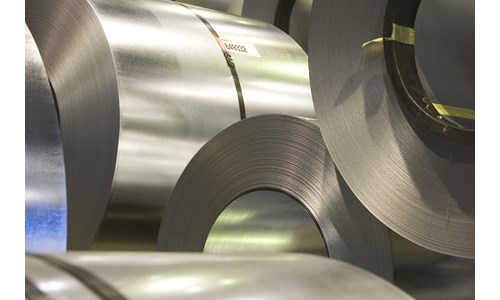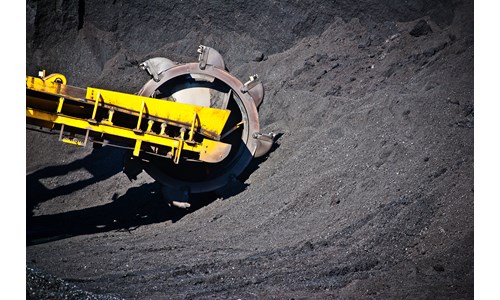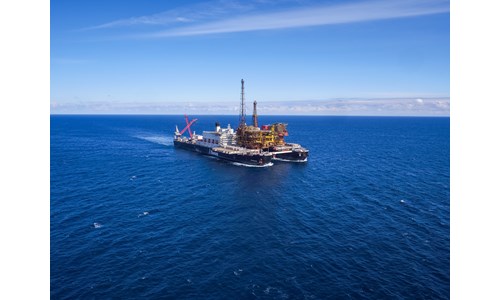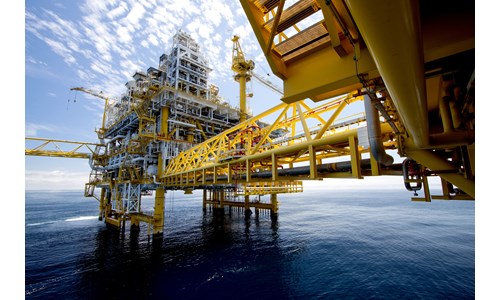Carbon offsets I. - The framework driving the net zero of tomorrow
*Please note that this report only includes an Excel data file if this is indicated in "What's included" below
Report summary
Table of contents
- Why offsets are important for energy-intensive companies
- Why rely on market-based solutions to achieve decarbonisation?
- What makes an offset: carbon projects
- How the voluntary carbon market works
- Global carbon markets: the next step?
- Voluntary carbon markets are here to stay
Tables and charts
This report includes the following images and tables:
What's included
This report contains:
Other reports you may be interested in
Webinar | Recycled Polyolefins - The Pyrolysis Supply Chain
From waste into resource, how recycling polyolefins supports journey to net zero
$900Carbon offsets III. - The decisions driving the net zero of tomorrow
Part 3 of Wood Mackenzie’s view on what corporate needs to consider when sourcing or using carbon offsets
$1,250The energy transition outlook for lithium
The outlook for the lithium market is strongly linked to energy transition and to electric vehicles in particular
$1,050














